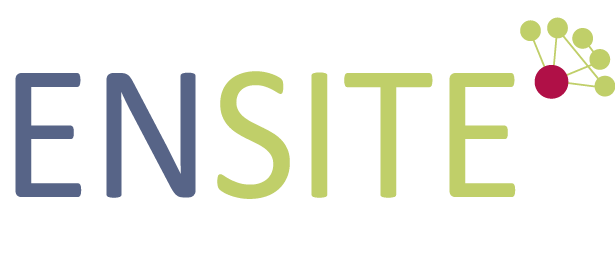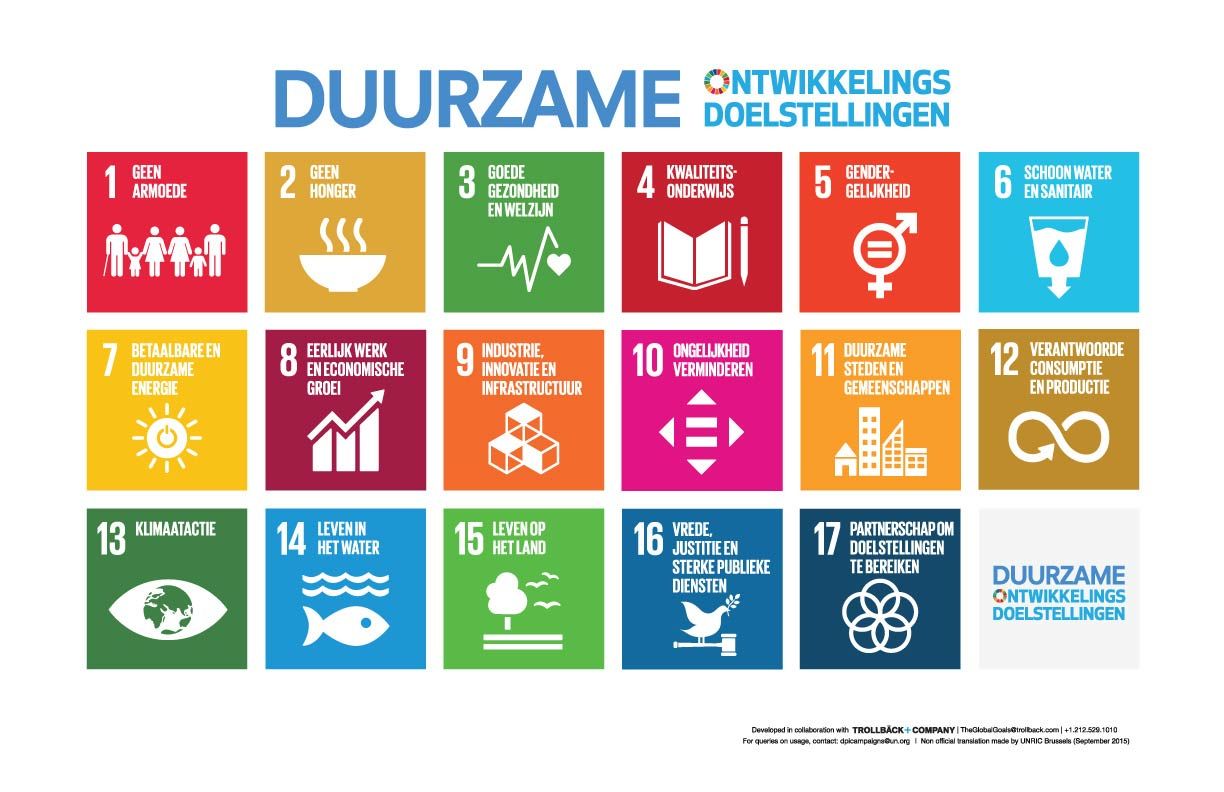ENSITE: Europees project voor de lerarenopleiding (science en wiskunde)

Titel: Socio-Scientific Issues in de lerarenopleiding (pabo, 2eg, 1eg) Met veel aandacht voor data-verzameling, en kritische data-analyse
|
ENSITE ontwikkelt opleidingsmodules voor de lerarenopleidingen Science/Wiskunde op het gebied van Socio-Scientific Issues. Dit materiaal is gericht op het ontwikkelen van docent-vaardigheden voor:
Ensite bouwt voort op eerdere Europese projecten (zoals Inclusme en Parrise, zie referenties) |
Spring School 2022 |
Spring School 2022Bulgaria, May 2022 |
- Engelse titel: ENvironmental Socio-Scientific Issues in Initial Teacher Education
- Looptijd: 1-9-2019 tot 31-8-2022
- Europees (Erasmus+) project
ENSITE supports the development of future science and maths (from now on referred to as science) teachers’ environmental citizenship and related teaching competences.
ENSITE faces severe global environmental challenges such as deforestation and plastic waste. Europe’s society needs to acknowledge these challenges and accept their role in supporting sustainable development. Our educational systems have to fulfil the obligation to enable citizens to do so.
Science education, in particular, must equip them with the ability to find adequate technological solutions.
ENSITE supports this endeavour. Research proposes the engagement of socio-scientific issues (SSI) as one promising path to developing environmental citizenship competences. However, science teachers graduating from higher education (HE) institutions are not prepared to teach SSI, because they not only require teaching “scientific facts” but also involve controversial information, complex data sets and ethical, social, economic or cultural motives. Such aspects are rarely covered in initial teacher education (ITE).
ENSITE aims at improving Higher Education by including environmental SSI in science ITE. To this end we will develop an innovative approach to support teachers in (1) developing competences in dealing with environmental SSI (“Learning”) and (B) acquiring teaching skills to supporting their future students at school in becoming responsible citizens (“Teaching”) themselves.
ENSITE consists of 11 HE teams from institutions across Europe comprising experts in science education (research and practice), environmental issues, pedagogical concepts to acquire transversal and forward-looking skills (e.g. critical thinking, creativity, reasoning, reflection), students’ mobility, diversity in science courses/classrooms and large scale dissemination. All partners
acknowledged that their educational science courses rarely cover citizenship education and see huge potential with regard to benefits for them and their students.
We decided on a thoroughly elaborated range of activities to produce purposeful results.Our research activities cover the development of 13 teaching modules on environmental SSIs for future science teachers. These intellectual outputs (IOs) cover subject knowledge on SSIs (definitions, topic areas, relevance, etc.) and how to deal with them, implications for learning/teaching processes, pedagogical concepts to design lessons, and the role of teachers’ background (beliefs,
cultural, etc.) which affects teaching SSIs.
| O1 | The nature of SSI | |
| O2 | Reasoning, argumentation & critical thinking | |
| O3 | Collecting data | |
| O4 | Analysing big data | |
| O5 | Decision-making | |
| O6 | Negotiating social, political or ethical dimensions in SSI | |
| O7 | Aims of SSI and the curriculum | |
| O8 | Beliefs on teaching SSI | |
| O9 | Developing a SSI lesson I – focus on didactic aspects | |
| 10 | Designing a SSI lesson – II | |
| 11 | Scaffolding | |
| 12 | SSI and assessment | |
| 13 |
Design of learning enviroments for ITEL: Guidelines, Template and Webportal |
Partners
Duitsland (penvoerder), Nederland (Universiteit Utrecht en hogescholen), Oostenrijk, Bulgarije, Turkije, Spanje, Cyprus, Noorwegen, Slowakije, Griekenland, Tsjechië, Malta.
Medewerkers
Monica Wijers, Michiel Doorman, Vincent Jonker, Alice Veldkamp

De keuzes voor Ensite zouden dan kunnen liggen bij:
- 3 – goede gezondheid en welzijn
- 7 – betaalbare en duurzame energie
- 11 – duurzame steden en gemeenschappen
- 12 – verantwoorde consumptie en productie
En de uitwerking zou dan kunnen zijn dat in elk aandachtsgebied 1 dataset wordt gezocht en vervolgens ontsloten en ingebed in lesmateriaal voor zowel leerling als lerarenopleider.
Zie ook de Eurostat website over deze zelfde doelen (en de beschikbare data).
Overig



